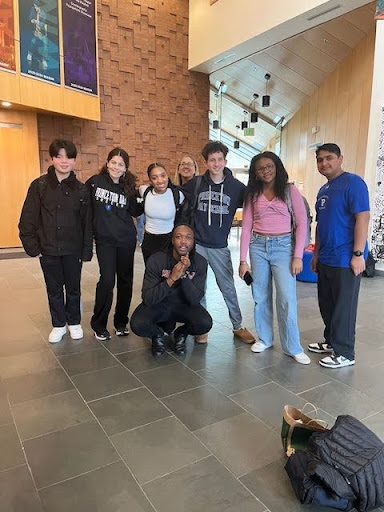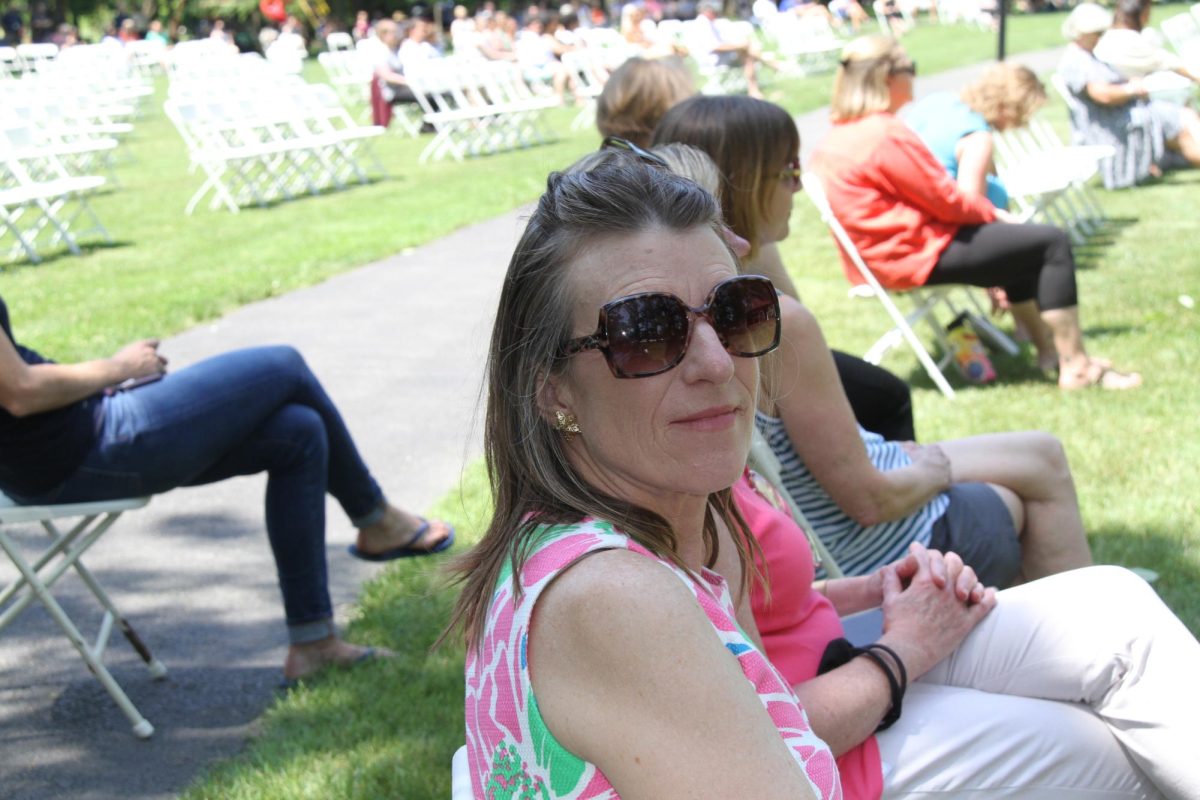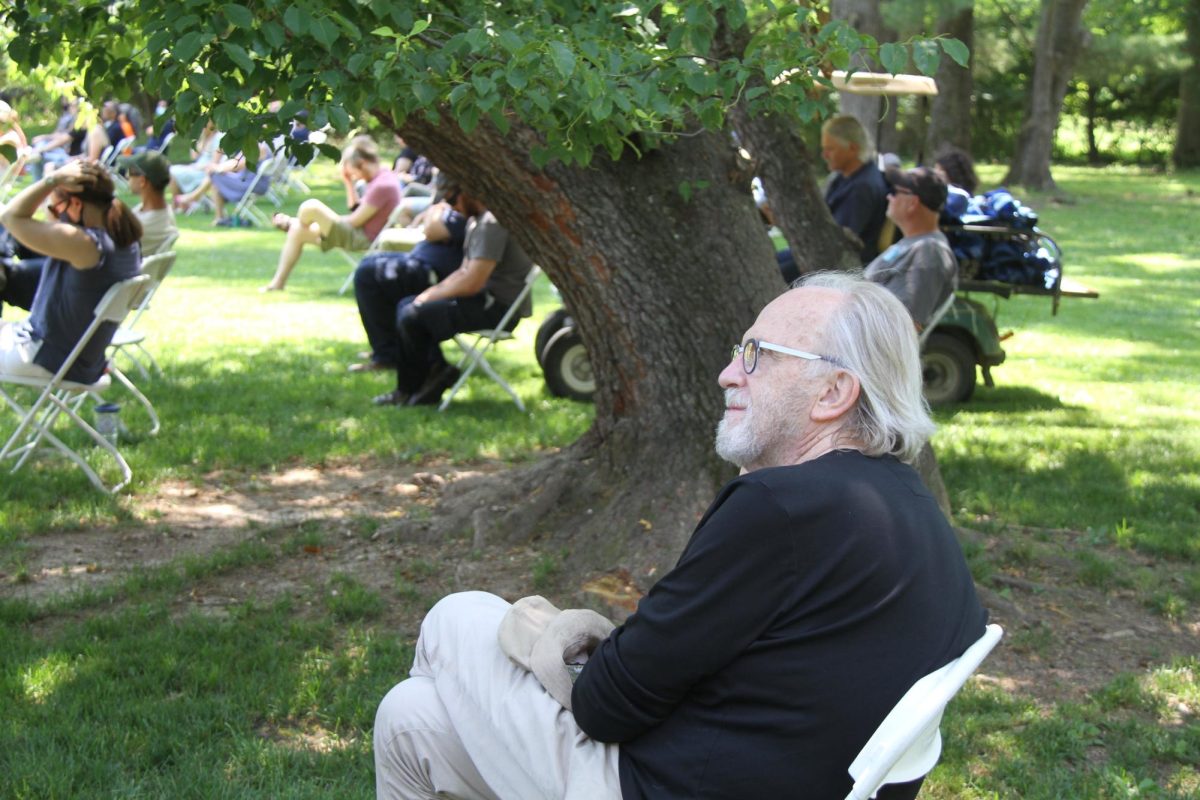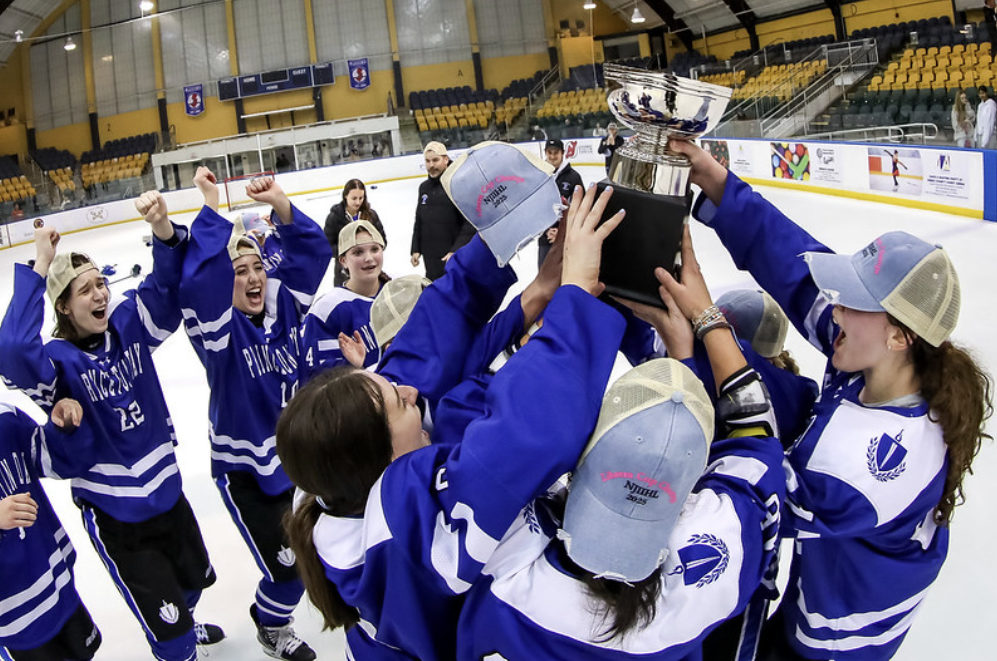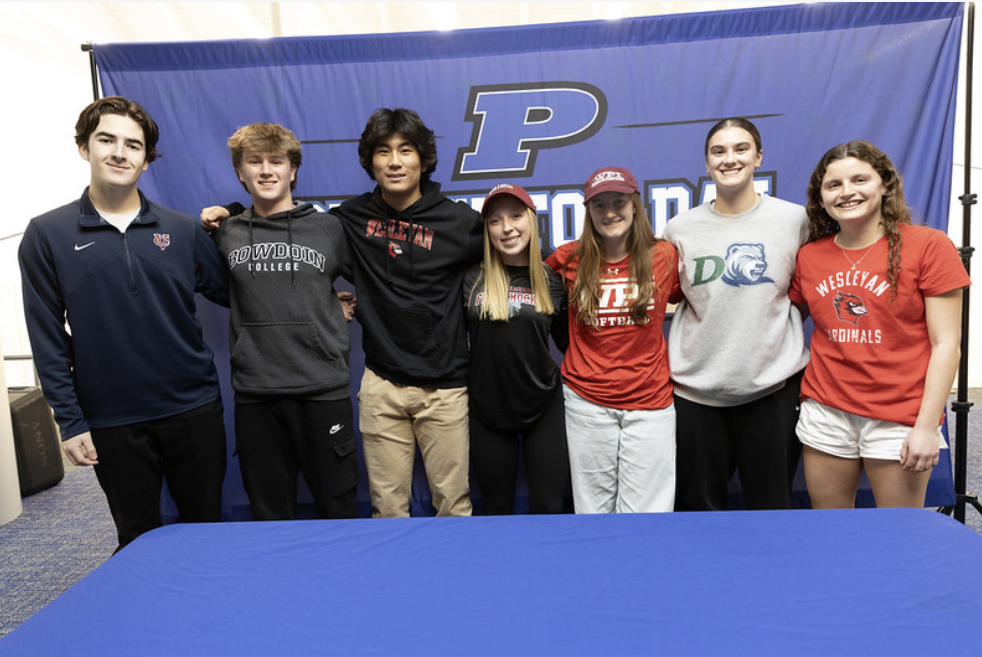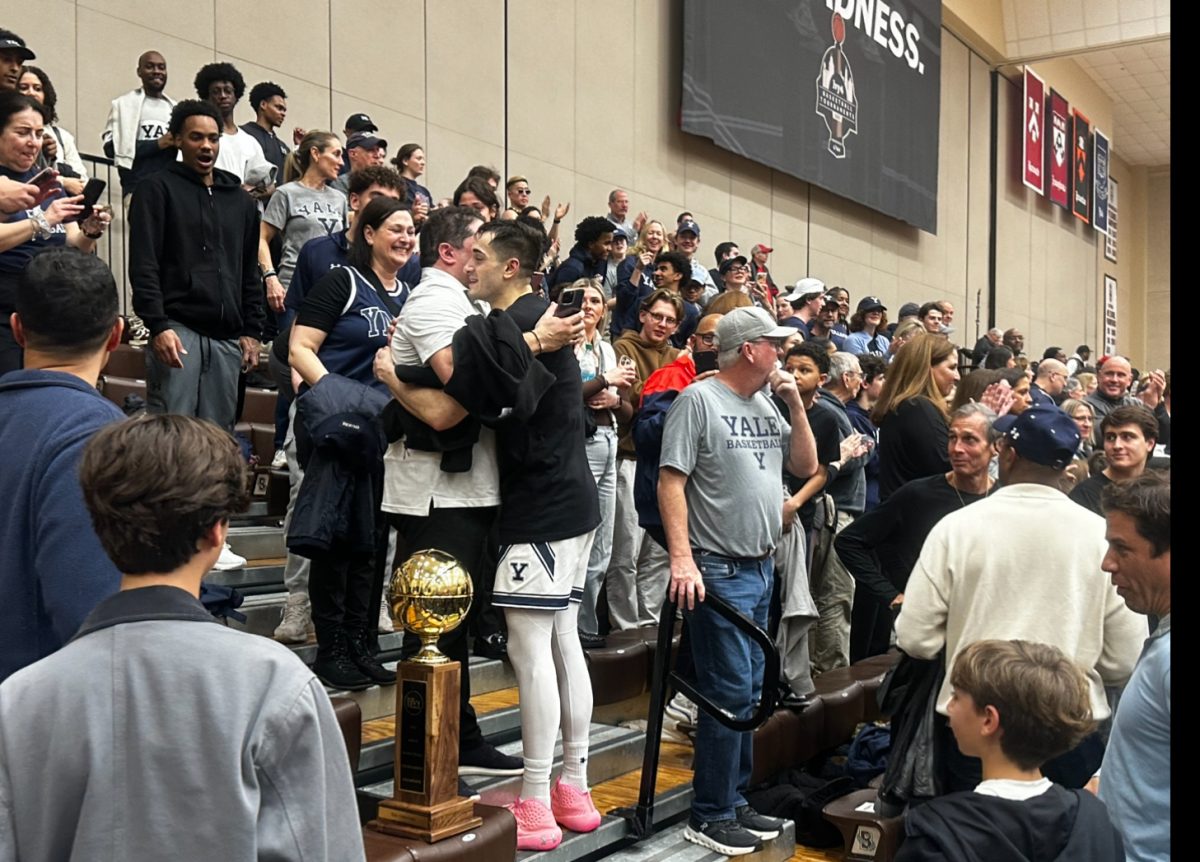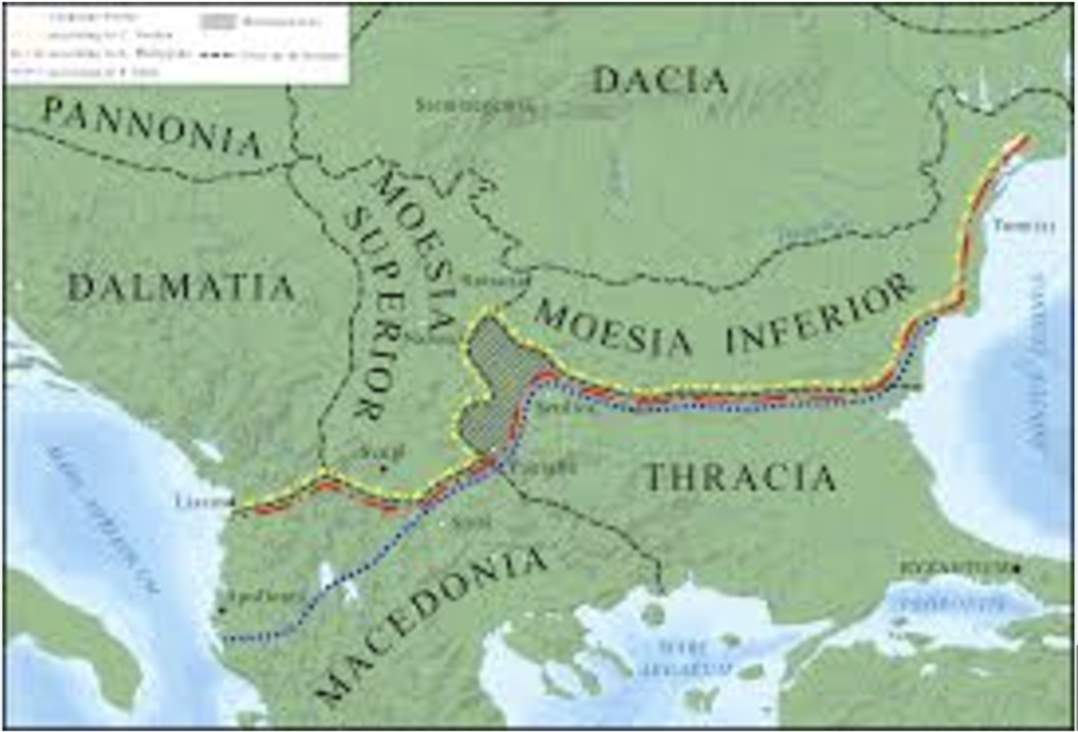Hackathons. Not all are created equal, but maybe are more so when they’re promoting justice and equity. HackBAC is an event that pushes teams to the limit to come up with functional solutions that promote sustainable living among BIPOC (black, indigenous, and people of color) individuals and communities. For the first time, seven PDS students in March 2024 participated in this multi-day ideation and collaborative event held near Boston March 1-3 2024.
The 2024 HackBAC theme was Rooted Renaissance: Revolutionizing BIPOC Communities through Environmental Equity and Justice. Conference tracks that engaged students this year included: Sustainability and Environmental Justice, Connecting to the Land, Transportation, and Dismantling Gentrification.
This year, teams competed to find ways to implement sustainability practices into the lives of those who are often the most impacted by climate-related threats, environmental contaminants, and hazards. Following three days of intensive and competitive teamwork, four teams, including PDS freshman Leo Chang, sophomores Gabby Kratee, Luke Nolte, and Umang Sharma, and juniors Mackenzie Perez, Noor Choudhury, and Aulani Daniel and those from other independent schools around the nation, presented ideas before a panel of experts. These advisors hailed from places such as Harvard University and the Center for Transformative Teaching & Learning. Keynote speakers included Rodney Glasglow, Head of Sandy Springs School in Maryland, and Liz Talusan, author of The Identity-Conscious Educator.
PDS students were part of the three teams that took first, second, and third place, and ended up winning up to $1,000 and an opportunity to continue their work with their HackBAC genius team and mentors.
Daniel said that her favorite activity at HackBAC was “making sustainable products at the T.H. Chan School of Public Health at Harvard.” She added that her team’s pitch was “to stock products from small black-owned businesses, increase walkability to buy BIPOC products, and repurpose buses into electric vehicles.” Daniel “definitely recommends” HackBAC to other PDS students. She further noted, “even if you’re not interested in social justice events, you can learn many skills like critical thinking, and you get to meet new people and build community.”
Sharma’s pitch was centered on “Greenbox,” a nonprofit company that supplies food to those with food insecurity in the Washington DC area. Sharma and his team found that DC, despite having local farms nearby, has the most food insecurity. His company was designed to work with farmers in the area who grew healthy food that did not sell iand place it into a subscription box. This box of farm-fresh food would subsequently be sold at a low price, which was ultimately more affordable than having to go to the grocery store to buy the same items. This could be particularly welcome during a time of high inflation.
The 2024 PDS HackBac participants are hoping for even more involvement in HackBAC in 2025 to generate more ideas for BIPOC individuals and communities. Tony McKinley, Director of Diversity, Equity, and Inclusion at PDS, noted that he “wants the conference to blossom so that more schools can go, and that PDS continues to attend years into the future.” Toni Dunlap, MS & US Computer Science teacher and Service Learning Representative, agreed and hopes that more schools will be exposed to HackBAC and provide the experience to as many students as possible, “not just kids who are familiar with STEM.” Ms. Dunlap added, “The students gain so many skills, connections, and motivation to continue DEIJ work. For finalists, it’s great that you not only get to pitch the idea but have mentors who can help build your idea. HackBAC is truly one-of-a-kind.”


